The cooking of Morocco has a facinating pedigree.While the cooking of the indigenous Berbers has always been a constant basis for the creation of new recipes.The ancestry of Moroccan cooking also includes Arabic,Persian and Andalusian influences.How all these inputs mixed to create Moroccan cuisine is a matter of history.
The Arabs spread across North Africa under the banner Islam and,with the Berbers,invaded the Iberian Peninsula in 711,Today known as Spain and Portugal.They dominated the region for 7 centuries.They were known as the Moors.
The Arabs named the peninsula Al Adaluz and introduced the cultivation of the safron crocus,citrus fruits,almonds,rice,and sugar cane.And the use of spices.
The full extent of Arabic culture,learning,medicine,cooking,architecture and agriculture took flower in Al Andaluz, mirroring what was flurishing in the courts of the caliphs of Bagdad.Who in turn had learned so much fron the Persians.This was in the era of a Thousand and One Arabian nights,Atime when cookbooks were written and food was extolled in poetry.
From the11th to the 13th century,the Berber dynasties of the Almoravides and the Almohades ruled in Al Andaluz and Morocco.The lavish court kitchens of Fez,Rabat,Meknes,and Marrakesh were the conduit by which new foods were introduced and recipes refined,a process wich continued with the later Berber dynasties.
The result is a cuisine that is unique,One that makes the most of the ingredients it produces.This is evident in the many dishes that use fruit for the sweet and sour flavours they impart.A Persian influence introduced by the Arabs,evolving into dishes that can only be Moroccan.
The Berbers most important contribution to Moroccan cooking was couscus,the light and elegant grain regarded as the pasta of the Magherb.Wheaten couscous is made into pelets with semolina grains and flour.However cracked barley and maize are also used.
The best Moroccan food is without doubt that which is cooked in the home.The women are the cooks,the custodians of recipes that are handed down from mother to daughter.No recipe books are needed,all is memorized ready to be passed to the next generation.
Although Moroccan cooking is adaptable to modern utensils,The traditional earthenware cooking pot the Tagine gives its own unique flavour and caracture to the food.
Visit our Tagine blog for loads of useful info and recipes
























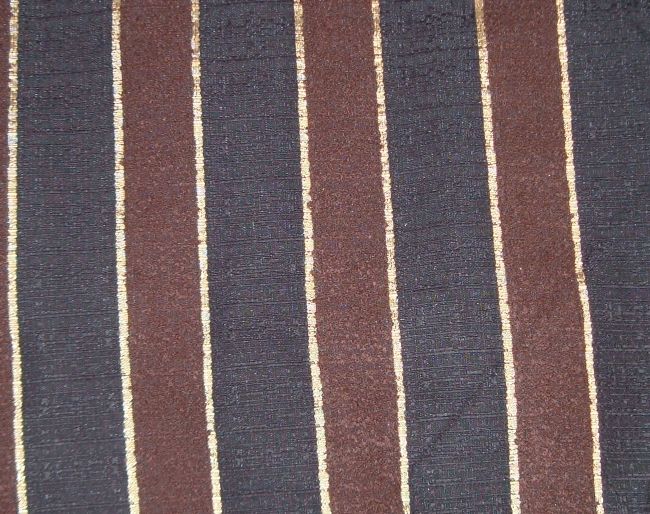
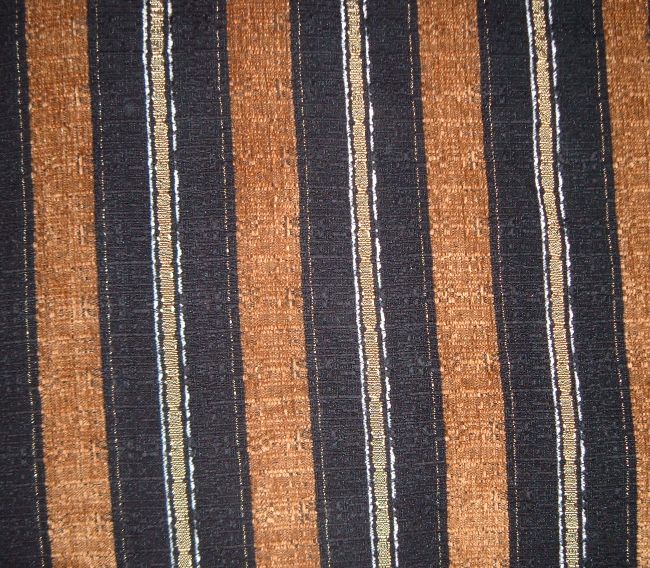
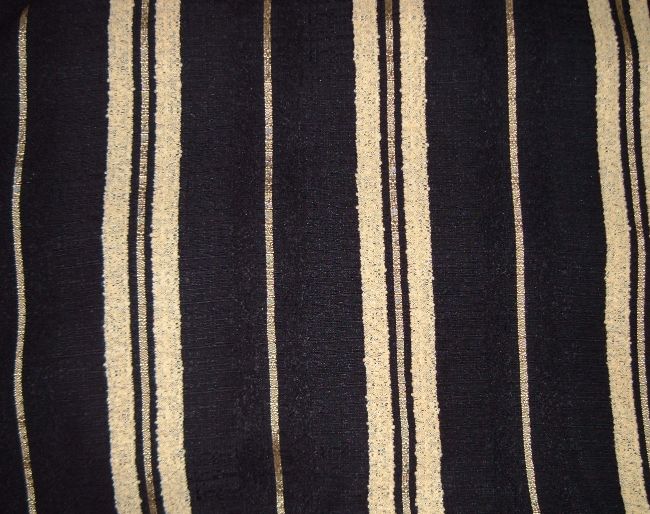
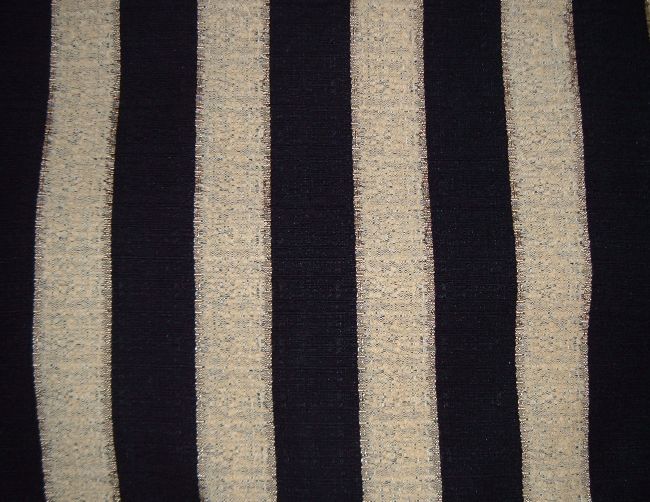
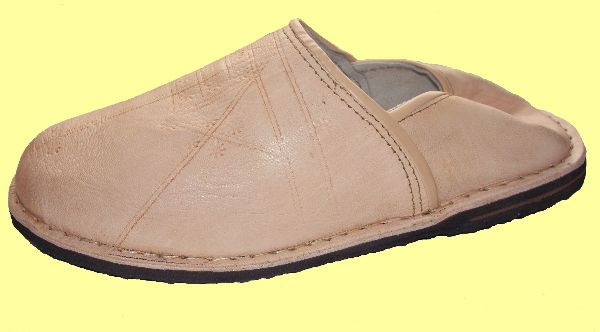
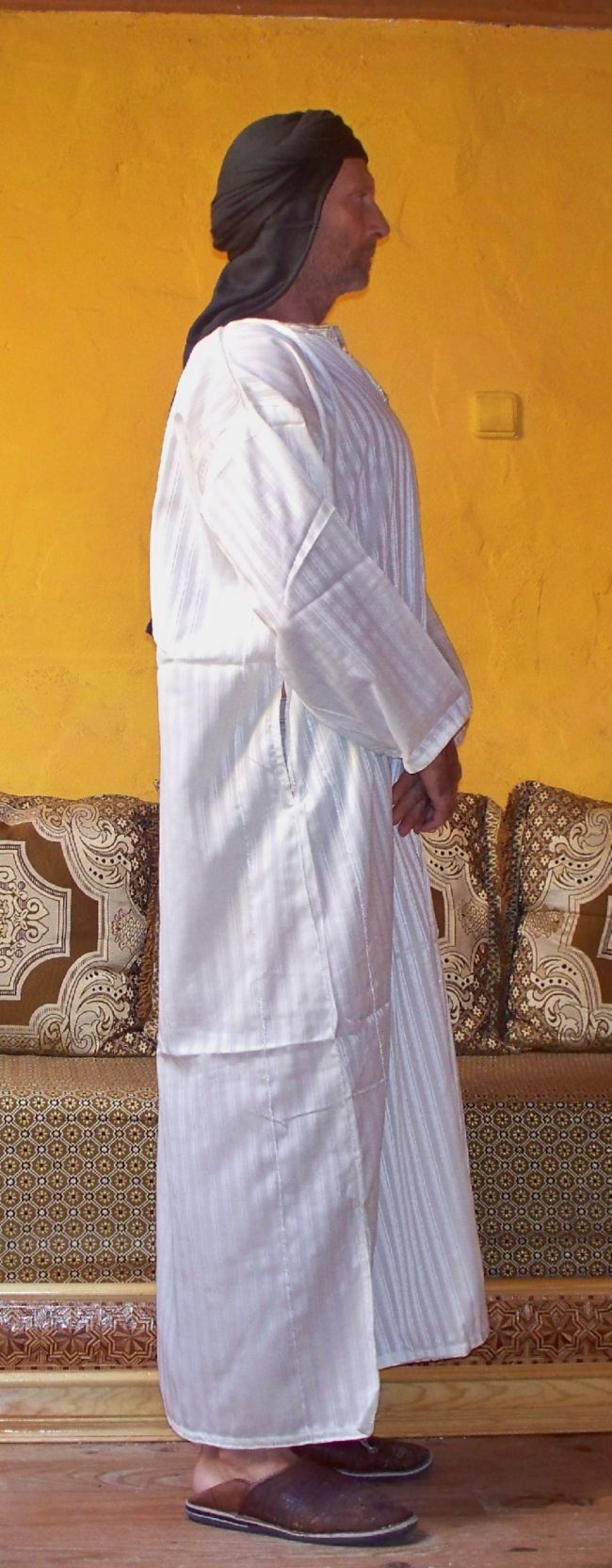
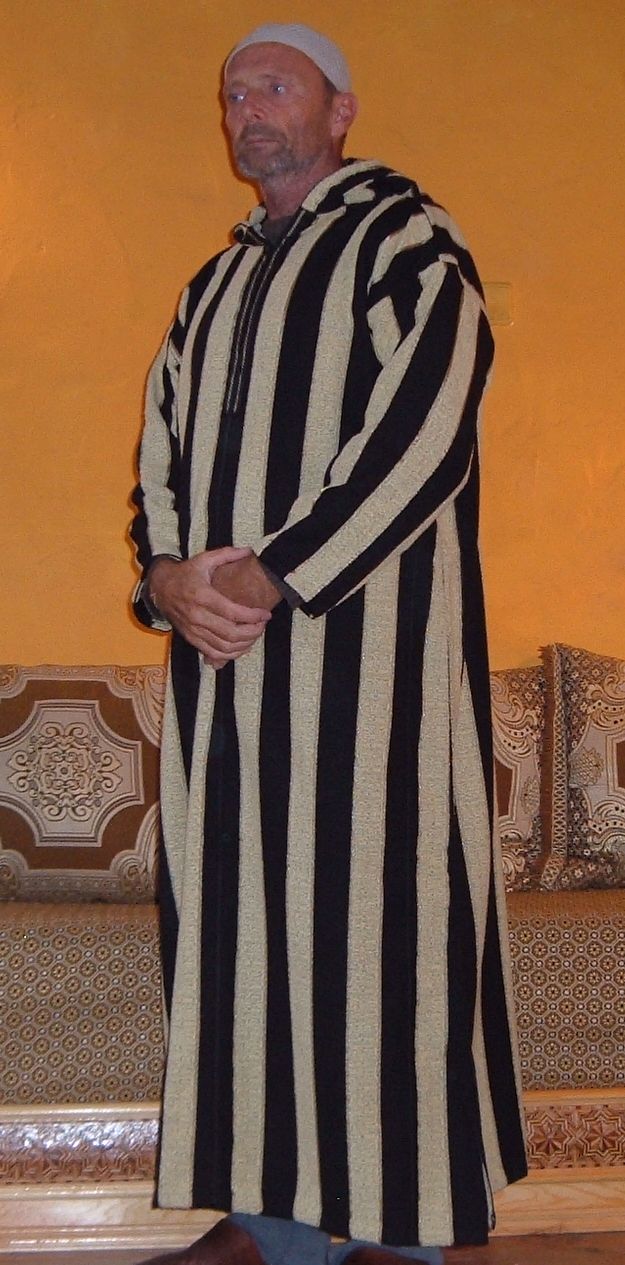
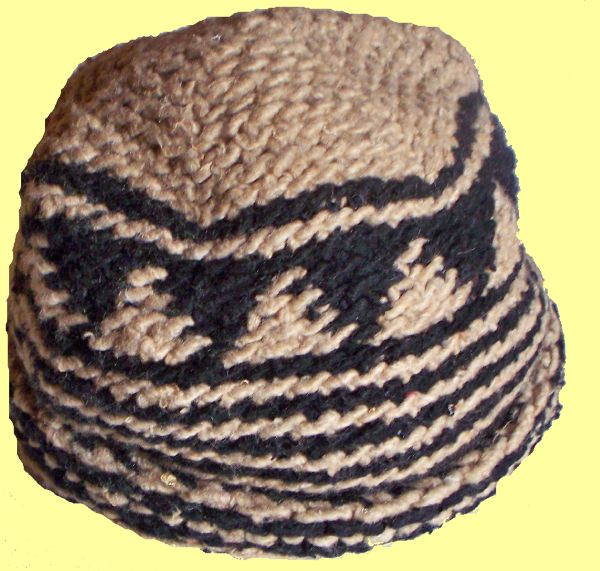
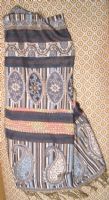

No hay comentarios:
Publicar un comentario